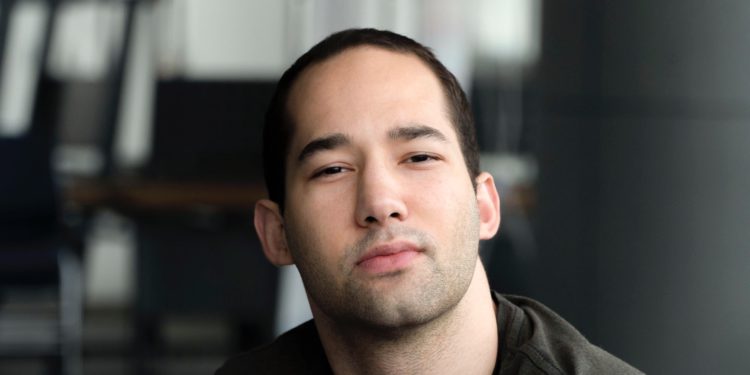When Korean startup Rezi’s founder Jacob Jacquet applied for jobs after university with an average GPA, he did not expect his resume could attract some niche positions. He got interview calls from firms like Google, Goldman Sachs, etc.
He realized he had the understanding of drafting a noticeable resume. Instead of taking up a job, he started his own business of resume service. It has now become a thriving company in five years. Rezi is now serving more than 100k users and is growing. Jacob Jaquet talks to koreatechdesk.com about the journey, sustaining a startup, and future goals.
1. Please tell me about your background and what motivated you to get started with your company?
I started Rezi right after graduating from college at the age of 22, so my professional background is quite limited. Before starting Rezi, I was a student at the University of Wisconsin – Madison, where I studied Economics and Math. But, I did start an e-commerce company as a freshman, and that experience cemented my interest in entrepreneurship.
The motivation for Rezi came from my resume’s success when I was applying for jobs after college – despite a low GPA, my resume was able to get interviews for competitive applications, so I figured I could help other students with their resume too!
2. What is your current main product, and can you share any previous product pivot story to the current product?
Rezi is a free resume software that has premium features accessible with a paid subscription. When Rezi started in 2015, it was a simple Microsoft Word template. However, the vision to launch scalable software was the plan from day one. Luckily, we were able to finance the Rezi software development, which was launched nearly one year ago with tremendous success.
3. What is the market opportunity for the service?
The global staffing industry is well over $500 billion, with multiple Billion dollar staffing firms. As an economics major, I always found the economics of this industry to be fascinating and attractive. Industry leaders swell to such enormous size, and as a result, they slow down. Innovation is no longer as easy, and the firms cannot move as quickly. As a result, they rely on acquisitions to supplement their product offering to stay current with consumer and technological trends.
4. What’s your business model, and how have you grown your revenue?
As I mentioned, Rezi is a free resume software that has premium features accessible with a paid subscription. Most of our growth comes from organic growth!
5. How much money have you raised in total so far? When was the recent funding round?
We’ve raised approximately $150,000, with the most recent investment coming from Lotte Accelerator.
6. What are the biggest challenges and obstacles that you have faced in the process of fund-raising? If you had to start over, what would you do differently?
This is a great question! Personally, I am not good at talking about my company in a way that excites investors. Oftentimes, I get lost in the small design nuances that make Rezi an outstanding resume software or our growth strategies rather than presenting Rezi as a great investment opportunity. However, in the long-run, I think Rezi will be extraordinarily attractive for many investors.
7. What are your milestones for the next round? And what are your goals for the future?
We’ve hit our three major milestones for our goal of a seed round. First, we wanted to double our users from 35k to 75k from Q1 to Q2. We are at 105k. Second, we wanted to develop a search engine to help our users get hired. Lastly, and most importantly, we wanted to become profitable.
8. How have you attracted users and with what strategy have you grown your company from the start to now?
The best strategy for Rezi considering our unit economics is to focus on SEO. Since launching the software, 13 months ago, we’ve had 106,985 users sign up.
10. What do most startups get wrong about marketing in general?
When I think about our most successful marketing, it is a balance between a creative idea that is well executed from a design and development standpoint. I can’t speak to the marketing of other companies since I do not know the results.
11. How do you plan to expand globally?
Our software is on the internet, so it is global by default.
12.How do you handle this COVID-19 outbreak situation for your company’s survival in the future?
COVID-19 has not impacted our business.
13.What’s the best advice you’ve ever received? And What advice do you have for someone who is interested in doing similar things like yours or in a similar direction?
I can’t recall advice that has shaped my outcome – however, there are people who are obsessive about becoming the greatest at what they do, and as a result, they are both entirely focused and committed to doing the work it takes to succeed. Kobe was a perfect example of that.
So my advice follows the same line of thinking – don’t listen to what I say, but pay attention to what I do. And, as a startup CEO, to me that means execution.
You can follow Rezi’s progress on,
More about finding jobs on koreatechdesk.com,





